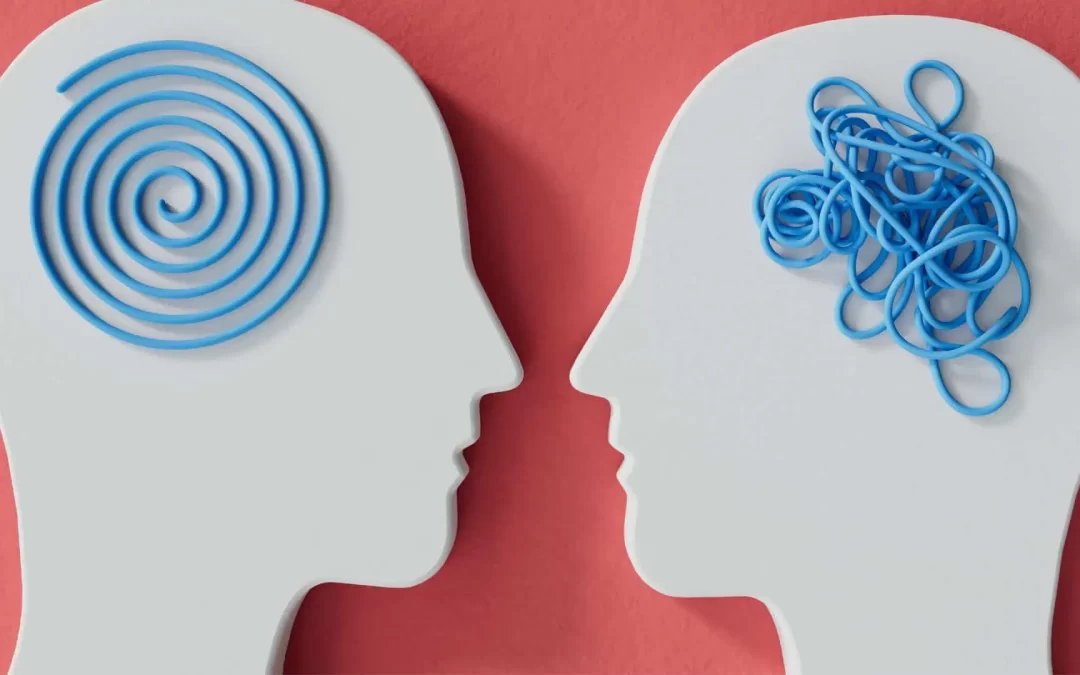Feeling overwhelmed by negative thoughts? Struggling to manage negative emotions? You’re not alone. Cognitive-behavioral therapy (CBT) offers a powerful approach to understanding the connection between your thoughts, feelings, and actions. By identifying core beliefs, challenging unhelpful thinking patterns, and developing practical tools, CBT can empower you to take control of your mental well-being and build resilience to cope with life’s challenges.
Why CBT?
Cognitive-behavioral therapy (CBT) stands as a cornerstone in modern psychotherapy, offering profound insights into human cognition and behavior. At Town Psychological Services, we specialize in providing CBT therapy to our patients, recognizing its transformative potential.
No matter if you’re in Oakville and searching for a reliable CBT therapist near me in GTA areas for Cognitive Behavioral Therapy, we have got you covered. We strive best to empower our clients with the tools they need to thrive.
Contact our compassionate team of therapists today. We are here to support you in developing mastery of skills and strategies that will improve your overall well-being.
Exploring Cognitive-Behavioral Therapy’s Core Principles
CBT operates on the principle that our thoughts strongly influence our feelings, which in turn shape our behavior. By changing these thoughts, CBT aims to modify feelings and behaviors for the better.
This approach proves effective across a spectrum of mental health issues, including depression, anxiety disorders, eating disorders, substance misuse, and more, offering relief and improving overall well-being.
Thriving Through Transformation: Key Principles of Cognitive-Behavioral Therapy
1. Techniques to Challenge Unhelpful Thinking Patterns:
- Socratic questioning: This method involves asking the client a series of thoughtful questions to help them examine the evidence for and against their negative thoughts. By following this line of questioning, clients can arrive at more balanced and realistic conclusions.
- Cognitive restructuring: This technique helps identify and replace negative thought patterns with more positive or realistic alternatives.
For instance, instead of thinking “I’m going to fail this presentation,” a CBT therapist might guide the client to reframe the thought as “I might be nervous, but I’m prepared and I’ve practiced this presentation.” - Behavioral experiments: Testing the validity of negative thoughts through real-world experiences is a core CBT technique. For example, someone who fears public speaking might be encouraged to deliver a practice presentation to a small group to challenge their anxious predictions about negative outcomes.
2. The CBT Triangle:
Imagine a triangle representing the interconnectedness of Thoughts, Emotions, and Behaviors. A core principle of CBT is that changes in one area can influence the others. For instance, challenging negative thoughts (cognitive) can lead to more positive emotions and more adaptive behaviors.
3. Collaboration and Goal Setting:
CBT is a collaborative therapy. Therapist and client work together to establish Specific, Measurable, Achievable, Relevant, and Time-bound (SMART) goals. The CBT therapist acts as a guide, empowering the client to develop the skills they need to manage their own thoughts, feelings, and behaviors.

4. Building on Strengths:
CBT emphasizes identifying and building on a client’s strengths and coping mechanisms. This empowers them to approach challenges with a sense of mastery and self-confidence.
By understanding and applying these principles, CBT can be a powerful tool in managing a variety of mental health conditions, including anxiety, depression, phobias, and eating disorders.
Refocusing Automatic Negative Thoughts:
Recognizing and reframing negative thoughts is central to CBT. By modifying our perspective, we can change our emotional response and subsequent behavior.
For instance:
Scenario 1: Someone ignores you in the hallway.
- Negative thought: “They don’t like me.”
- Reaction: Avoidance or seeking validation.
Scenario 2: Someone ignores you in the hallway.
- Rational thought: “They’re busy.”
- Reaction: Neutral response or offering assistance.
What are Benefits of CBT Therapy?
CBT offers numerous benefits, including:
- Overcoming negative thought patterns associated with mental health conditions.
- Renewed hope and openness to new perspectives.
- Enhanced self-esteem and confidence.
- Development of rational thinking and coping skills.
Conclusion:
CBT underscores the interconnectedness of thoughts, feelings, and behaviors, offering individuals the tools to challenge negative patterns and adopt healthier coping strategies.
At Town Psychological Services, we are committed to empowering our clients on their journey to mental and emotional well-being. Contact our compassionate team of therapists today for support and guidance.

